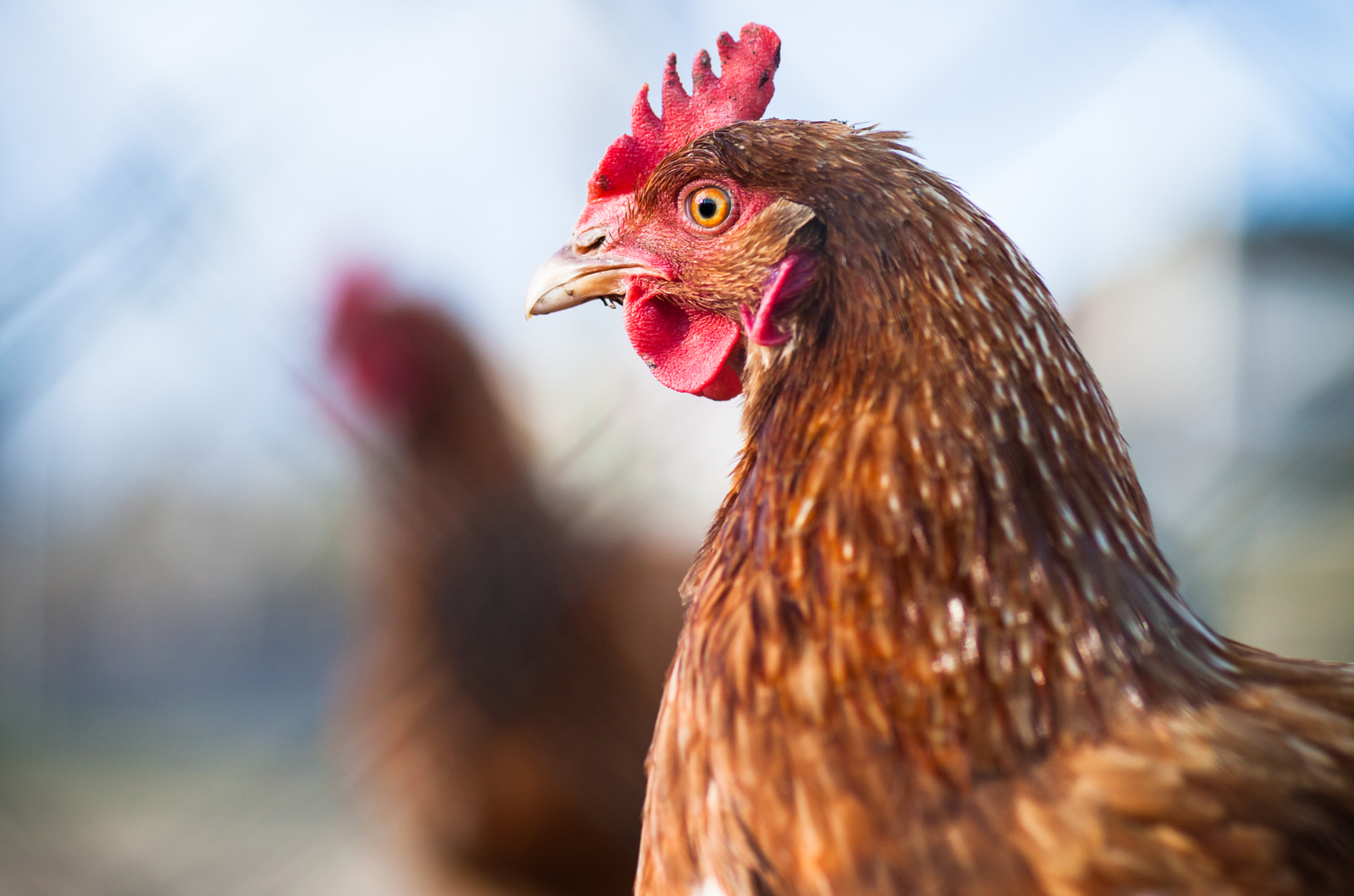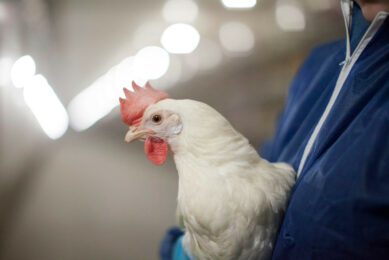Thai feed demand on the rise in 2015

The Thai Feed Mill Association (TFMA) expects overall feed demand to increase to around 18 million metric tons in 2015, up approximately 7 percent from 2014.
The increase mainly reflects growing boiler production which is expected to rise by 10 percent. This is driven by anticipated chicken meat exports which are forecast to increase by 5 percent in 2015, particularly in the second half of the year as South Korea will lift the import ban on Thai frozen chicken meat after nearly 12-year ban.
Most feed for broilers
Broiler feed demand accounts for around 40 percent of total feed demand. Swine production, which accounts for around 30 percent of total feed demand, will likely increase around 3 percent. Layer production, accounting for around 20 percent of total feed demand is expected to grow by 5 percent mainly due to continued growing domestic egg consumption. However, shrimp production is unlikely to recover from the outbreaks of Early Mortality Syndrome (EMS). Sources expect shrimp production to increase only slightly to 250,000 metric tons in 2015, compared to normal level production of around 500,000 to 600,000 metric tons.
Corn and soybean meals are the major feed ingredients for livestock production, which accounts for around half of total feed ration. However, the substitution of feed wheat for domestic corn in poultry feed rations is expected to increase significantly in 2014/15 as current average prices of imported feed wheat are relatively cheaper than prices of domestic corn. Also, demand for broken rice in swine feed ration will likely increase at the expense of cassava chip in anticipation of the sales of low quality broken rice from government stocks.
Still rely on corn imports
MY2015/16 corn consumption is forecast to increase to around 5.3 million metric tons, up 5 percent from the previous year in line with expanding livestock production. Poultry feed accounts for around 40 to 60 percent of total corn consumption. Feed mills still have to rely on some imported corn from neighboring countries due to insufficient domestic corn production. Sources indicate the concern about the sustainability of Thai livestock industry that will be challenged by the shortfall of domestic corn production in coming years.











